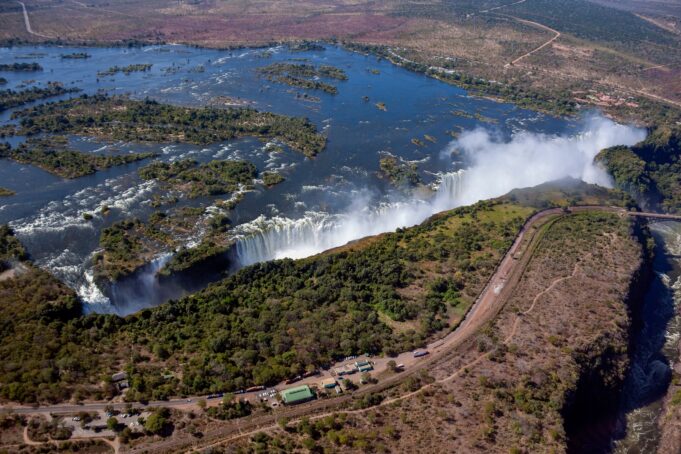Food and farming are so important, the African Union declared 2022 the Year of Nutrition. And food security is so critical to realizing sustainable economic growth and development that it’s one of the Africa 2022 Year of Nutrition objectives.
“Africa’s leaders must urgently strengthen their commitment to ending hunger in all its forms. The Year of Nutrition offers a unique opportunity to accelerate our collective efforts and turn ambition into reality,” observed Nature.com.

This year the African Union also released its third two-year review of AU member states’ commitment to speeding up implementation of a Comprehensive African Agriculture Development Program to create a “resilient African food system.”
But despite the plans and declarations, the Motherland has a very basic problem when it comes to food and farming. During a telephone interview with Africa Watch from his home in Dar Es Salaam in Tanzania, Joe Mzinga, coordinator of the 2.4 million member Small Scale Farmers Forum in Eastern and Southern Africa, said, “The worst farming situation in Africa is because of farming neglect.”
Mzinga introduced this writer to the Comprehensive African Agriculture Development Program and explained the initiative. “Coming from Mozambique and referred to as the June 2014 Malabo Declaration on Accelerated Agricultural Growth and Transformation for Shared Prosperity and Improved Livelihoods, the goals were after each two year period the countries return their reports and see how they are performing,” he said.
“Astonishingly,” said Mzinga, “this year only Rwanda is on track.”
The AU’s Third Biennial Review Report was presented by Dr. Godfrey Bahiigwa, African Union director of agriculture and rural development, who highlighted results and performances in a scorecard and dashboard. While one-third of 51 AU member states are progressing well in some areas, the continent “failed to achieve any of the seven Malabo commitments as a whole,” said the report.
Dr. Bahiigwa said all member states scored especially poorly when it came to commitments number two and three, Enhancing Investment Finance in Agriculture and Ending Hunger by 2025. “The results further show that only one country, Rwanda, is on track to achieve goals of the seven Malabo Declaration commitments,” he said. Tanzania and Zimbabwe joined Rwanda in scoring high on a Recommitment to the Principles and Values of the Comprehensive African Agriculture Development Program process, according to Dr. Bahiigwa.
Mzinga offered a simple explanation for what the Motherland faces and the report discloses. Africa was “producing what it was not consuming, and consuming what it was not producing,” Mzinga told this author.
According to Mzinga “traditional crops” or staples have given way to cash crops. Traditional crops have also given way to government investment in crops destined for European markets.
In Kenya, where hunger is a problem, major plantations use farmland and precious water resources to cultivate and sell flowers to customers in Europe.
So while Africa has been regularly singled out and shown in ads as a place where population growth causes poverty and famine, the major issue is devastation caused by a free market economic system that always puts profit before people.
As Climate&Capitalism.com noted, increased food costs are “partly caused by climate change” and “by speculation. For the finance industry, food is just another commodity to be bought, sold or hoarded to generate the most profits.”
“This is neoliberal globalization, under which a bad harvest in the Ukraine or a financial transaction on Wall Street can cause a child to go hungry in Kenya,” said Climate&Capitalism.com.
As in many African countries, Kenya depends on imported food. But since the 1980s Kenyan agriculture has been increasingly devoted to crops for export to Europe. This includes fruit and vegetables, but mainly flowers.
According to Business Daily, Kenya’s food import bill in 2021 reached a record high in the first six months of 2022, “piling pressure on household budgets that have already been ravaged by the Covid-19 pandemic.”
Mzinga listed other impediments in the way of Africa’s ability to feed herself or become agriculturally sustainable. These include “16 conflicts currently happening in Africa,” he said.
Mzinga said referring to “insurgents” as “Islamists” is incorrect. And he raised some important points: “Why in Africa where there are (mineral and natural) resources there are conflicts? Who is engineering these conflicts? That is the biggest question.”
Follow @jehronmuhammad on Twitter.













